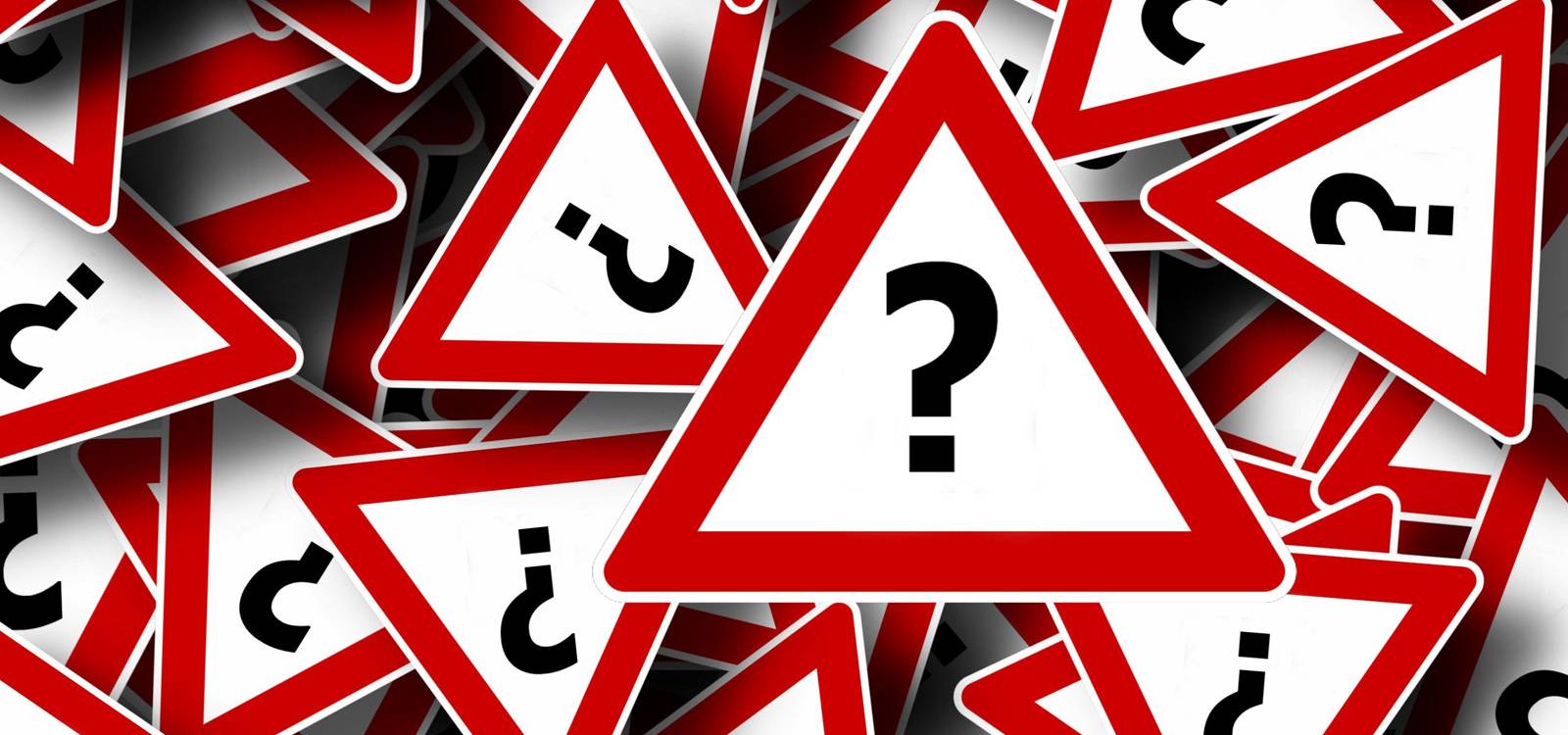Bladder and bowel problems are very common but are often not discussed. This makes it difficult to seek help. Many people believe that problems are a natural part of early childhood and older adulthood. However, it is important to know that they can affect anyone at any stage in life, they may be related to other medical problems, to disabilities, or may occur in people who are otherwise well. Regardless of the cause, there is a wide choice of treatments, products and management options that can help.
As Specialist Physiotherapists, we successfully treat Women, Men and Children. After our careful assessment, you will have a clearer idea of what your problem may be, then we can see what your options are for managing your symptoms or condition. We can advise you on Information dealing with the more practical side of coping with bowel problems and how to access Kent Continence service (local NHS team).
If you are in any doubt as to whether we can help, please contact us to discuss and we will advise accordingly.
Bowel Problems, Conditions & Symptoms
The first and most important point to remember is that everyone with a bowel problem can be helped and many can be completely cured. If you have not been diagnosed by a health professional, the following questions about your symptoms should help you find the information you are looking for.
- Do you find it difficult to have a bowel movement or have a bowel movement less than 3 times a week and have to strain excessively or do not feel completely empty? You may be constipated.
- Do you pass watery or very loose stools more than 3 times in a day? You may have diarrhoea.
- Do you have abdominal pain (in the lower left part of the abdomen) and a change in bowel habits (constipation or diarrhoea or alternating between both), with a mild fever and nausea and vomiting? These are symptoms of diverticular disease.
- Do you have diarrhoea, weight loss and abdominal pain? These could be signs of Crohn’s Disease.
- Do you have bloody diarrhoea or diarrhoea containing mucus and the constant urge to go to the toilet even though nothing comes out, with or without abdominal pain? These are symptoms of Ulcerative Colitis.
- Do you leak faeces without being aware of it? This could be bowel or faecal incontinence.
If you experience any of the following symptoms, you must see your GP as soon as possible:
- Bleeding from your back passage
- Blood in your stools (faeces), which can make them look bright red, dark red, or black
- A change in normal bowel habits lasting three weeks or more
- Unexplained weight loss and tiredness
- Unexplained pain or lump in your tummy
Bowel Care For Children
Bowel problems are not limited to adults and are definitely not just part of getting older – children can experience them too. Some children will be born with bowel conditions while others can develop them as they start to grow. In this section, you will find some basic information on children’s constipation and support for parents, guardians and carers.
When a child is being potty trained, they are learning how to recognise the need to go to the toilet. If they become too engrossed in an activity "the need to go" can be ignored. This problem can become a more regular occurrence in some children which can lead to constipation. Childhood constipation is very common in younger children, around 1/3 of under 9s suffer from it at some point often with no known reason. Constipation is classified in children as less than 3 poo's a week.
Useful websites on bowel care for children
ERIC - Childrens bowel and bladder charity










